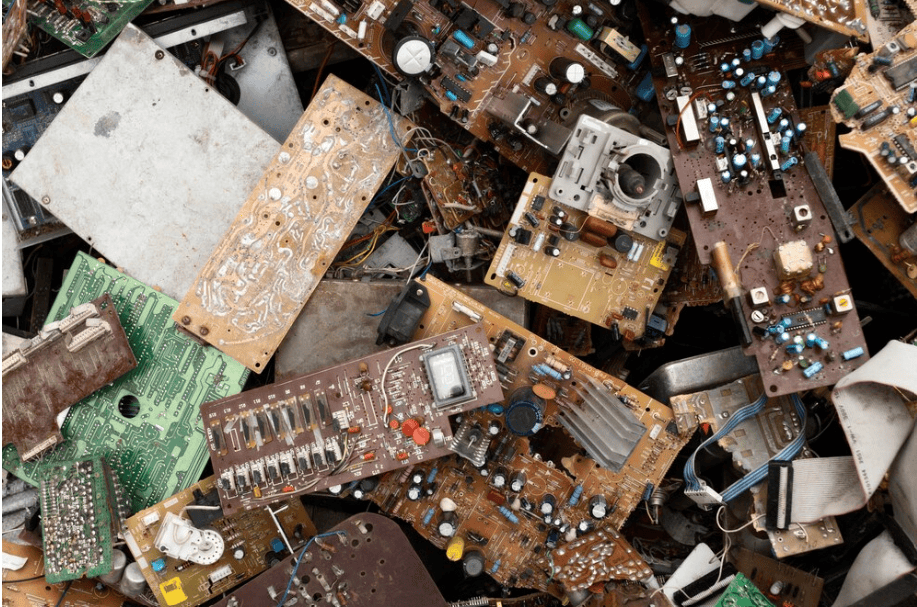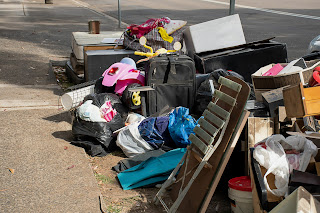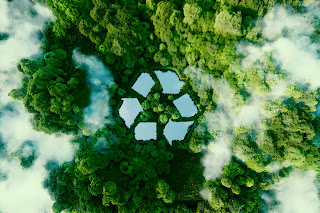Plastic Waste Recycling Is A Critical Step Towards Environmental Sustainability.
Plastic Waste Recycling in Dubai has emerged as a critical component in addressing one of today's most important environmental concerns. With millions of tonnes of plastic trash generated each year, proper recycling procedures are vital for lowering pollution, conserving resources, and protecting ecosystems. Plastic recycling is gathering, sorting, cleaning, and changing garbage into reusable products, which helps to reduce plastic's negative environmental impact.

Plastic has become prevalent in modern life due to its versatility and low cost; nevertheless, its endurance means that it takes hundreds of years to degrade. Unfortunately, a large portion of the plastic we make ends up in landfills or, worse, the oceans, where it can harm species and alter marine ecosystems. However, recycling plastic waste provides a solution to this problem by reusing resources that would otherwise contribute to environmental degradation.
The advantages of plastic garbage recycling are numerous. First and foremost, it minimises the demand for virgin plastic production, which saves nonrenewable resources like petroleum. Recycling plastics allows us to considerably reduce the energy necessary to create new items, lowering greenhouse gas emissions and minimising companies' carbon footprint. Furthermore, recycling relieves the load on landfills, which are frequently overburdened with non-biodegradable material, and minimises the quantity of plastic debris that ends up in our oceans and waterways.
One of the most difficult aspects of plastic trash recycling is dealing with different types of plastics. Plastics are constructed of several polymers, and each has its unique recycling method. Common plastics, such as PET (Polyethylene Terephthalate), used in beverage bottles, are quite straightforward to recycle. Other materials, such as PVC (Polyvinyl Chloride) or LDPE (Low-Density Polyethylene), used in plastic bags, necessitate more specialised processes. Advances in technology, such as chemical recycling, have enabled the recycling of a greater range of plastics, hence boosting total recycling rates.
Another important component in increasing plastic waste recycling is public knowledge and participation. Consumers play an important role in the recycling process by properly sorting and disposing of their plastic waste. Recycling programs rely significantly on communities understanding how to recycle correctly, as contamination of recyclable items can render entire batches of waste unfit for processing. Governments and organisations are increasingly engaging in public education programs to raise awareness of the value of recycling and to give clear rules for material sorting.
Innovations in recycling technologies also provide hope for the future. Chemical recycling techniques, for example, can degrade polymers into molecular components that can then be reconstituted into new plastic products. Additionally, biodegradable and compostable plastics are being developed as alternatives to standard plastics, which could lower the overall quantity of waste that needs to be recycled.
In conclusion, recycling plastic garbage is critical for environmental protection, resource conservation, and sustainable development. As technology advances and awareness grows, recycling methods will become more efficient, helping us to reduce the negative impact of plastic trash on the environment. To be completely effective, Plastic Waste Recycling in Dubai requires joint action from governments, companies, and individuals. We can achieve a more sustainable future by prioritising recycling and responsible plastic use, in which plastic trash no longer threatens our ecosystems and natural resources.


Comments
Post a Comment